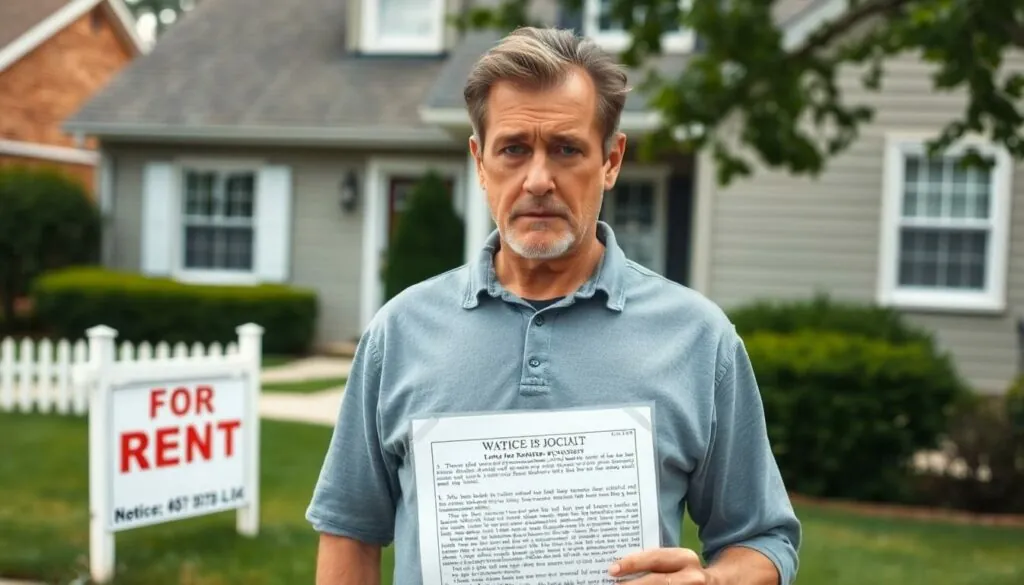Table of Contents
ToggleNavigating the world of renting in New York can feel like a high-stakes game of chess, especially when it comes to understanding landlord rights. While landlords might think they’re the kings of their castles, there are some serious rules they’ve got to follow. Picture this: a landlord trying to waltz into your apartment unannounced, only to be met with the cold reality of tenant rights.
Overview of Landlord Rights in New York
Landlords in New York hold specific rights when managing rental properties. They may collect rent, maintain the property, and set reasonable rules for tenants. However, these rights are balanced by restrictions designed to protect tenants.
Landlords cannot enter a tenant’s apartment without proper notice. A 24-hour written notice is usually required before any entry, except in emergencies. Tenants maintain the right to privacy, ensuring their space remains undisturbed.
Landlords also cannot evict tenants without a formal process. They must file for eviction in court, providing valid reasons that comply with state laws. Self-help evictions or harassment to force a tenant out are not permissible.
Discrimination based on race, color, religion, sex, disability, familial status, or national origin is illegal. Landlords must adhere to the Fair Housing Act, ensuring equal treatment for all applicants and tenants.
Also, landlords cannot retaliate against tenants for exercising their rights. If a tenant reports unsafe conditions or engages with legal authorities, the landlord cannot increase rent or initiate eviction due to those actions.
Rent increases must align with existing laws and regulations. Landlords cannot impose excessive rent hikes or engage in rent gouging, particularly in rent-regulated units.
Understanding these rights and restrictions aids in maintaining a fair rental environment. Both landlords and tenants benefit from knowledge of their legal obligations and protections under New York law.
Prohibited Actions by Landlords

Landlords in New York must follow specific regulations that protect tenant rights. Understanding these prohibited actions is vital for both parties involved.
Evictions Without Proper Notice
Landlords cannot evict tenants without providing proper notice. The law mandates written notices, adhering to specific timeframes depending on the lease agreement and the reason for eviction. Typically, a 30-day notice is required for month-to-month rentals, while lease violations may necessitate a shorter notice period, such as 10 or 14 days. Ignoring these requirements leads to legal complications and tenant rights violations.
Discrimination Against Tenants
Landlords cannot discriminate against tenants based on protected characteristics. Under the Fair Housing Act, discrimination due to race, color, religion, sex, national origin, familial status, or disability is illegal. Actions that deny someone housing, impose different rental terms, or retaliate against tenants for asserting their rights also constitute discrimination. Violators face severe penalties, including fines and lawsuits.
Entry Without Consent
Entering a tenant’s apartment without consent is prohibited, except in emergencies. Landlords must provide a 24-hour written notice before accessing the rental unit for repairs or inspections. Exceptions exist for immediate situations that threaten health and safety, like water leaks or fire hazards. When landlords fail to respect tenant privacy, they violate legal standards and can face tenant complaints or legal action.
Security Deposits and Financial Practices
Landlords in New York must adhere to specific financial practices regarding security deposits. Understanding these rules ensures fair treatment for tenants.
Illegal Deductions from Security Deposits
Landlords cannot make deductions from security deposits without proper justification. Common illegal reasons for deductions include normal wear and tear, which landlords aren’t allowed to charge tenants for. New York law mandates a written account of any deductions made, including receipts. If landlords fail to provide this, they may lose the right to retain any part of the deposit. Legal balancing between tenant and landlord rights emphasizes that security deposits belong to the tenant until legitimate damage occurs.
Unreasonable Late Fees
Charges for late rent payments must conform to New York regulations. Landlords cannot impose unreasonable late fees, as the law caps late charges at 5% of the rent due. Fees considered excessive may lead to tenant disputes and legal issues. Tenants should receive clear communication about any applicable fees. Ensuring compliance with regulations protects both parties and fosters positive landlord-tenant relationships.
Responsibilities Landlords Must Uphold
Landlords in New York must fulfill specific responsibilities to ensure tenant safety and comfort. These obligations include maintaining the property and providing essential services.
Maintenance and Repairs
Landlords must ensure that rental properties are safe and habitable. This includes addressing plumbing issues, electrical failures, and pest problems promptly. Regular maintenance is crucial to prevent larger issues from arising. Tenants have the right to request repairs, and landlords must respond within a reasonable timeframe. Failure to maintain properties can result in legal penalties.
Providing Essential Services
Provision of essential services is another critical responsibility. Landlords must provide heat, hot water, and electricity, especially during winter months. Tenants rely on these services for daily living. If utilities are shut off due to a landlord’s neglect, legal repercussions may follow. Additionally, maintaining common areas ensures safety and accessibility for all tenants.
Navigating the rental landscape in New York requires a clear understanding of what landlords cannot do. By adhering to the laws and respecting tenant rights, landlords can foster a positive and respectful relationship with their tenants.
It’s crucial for landlords to stay informed about regulations surrounding privacy, eviction processes, and financial practices. Violating these rules can lead to significant legal repercussions and damage to their reputation.
Ultimately, prioritizing transparency and communication can help create a harmonious living environment for everyone involved in the rental process.




